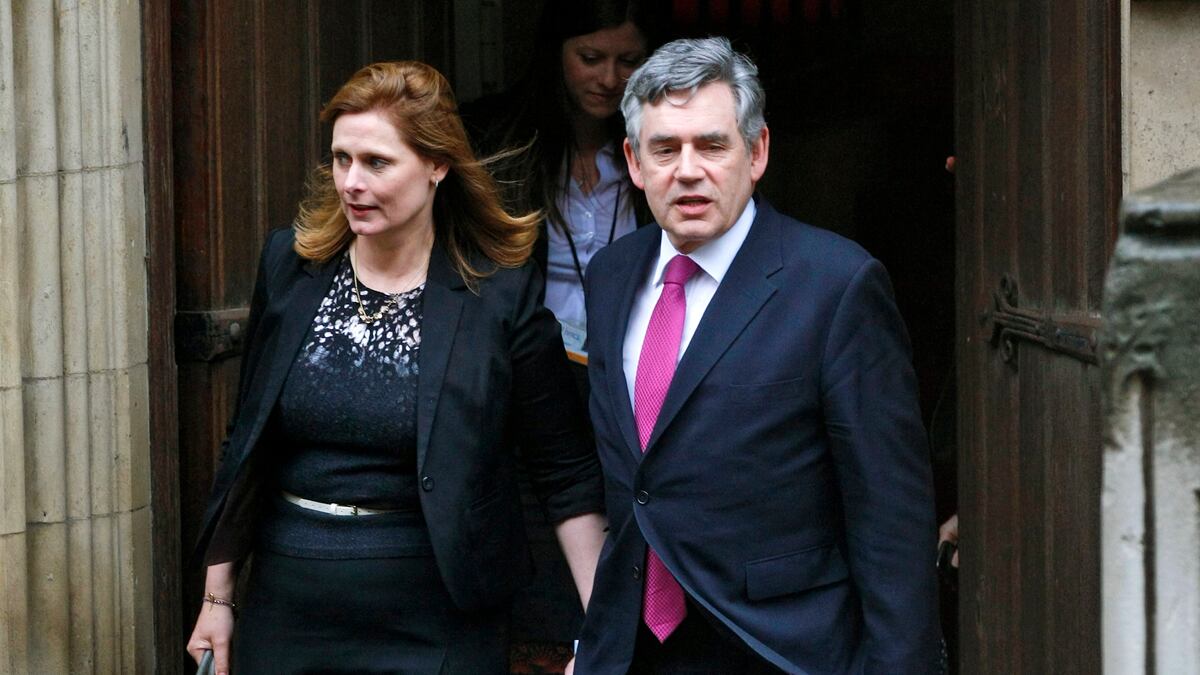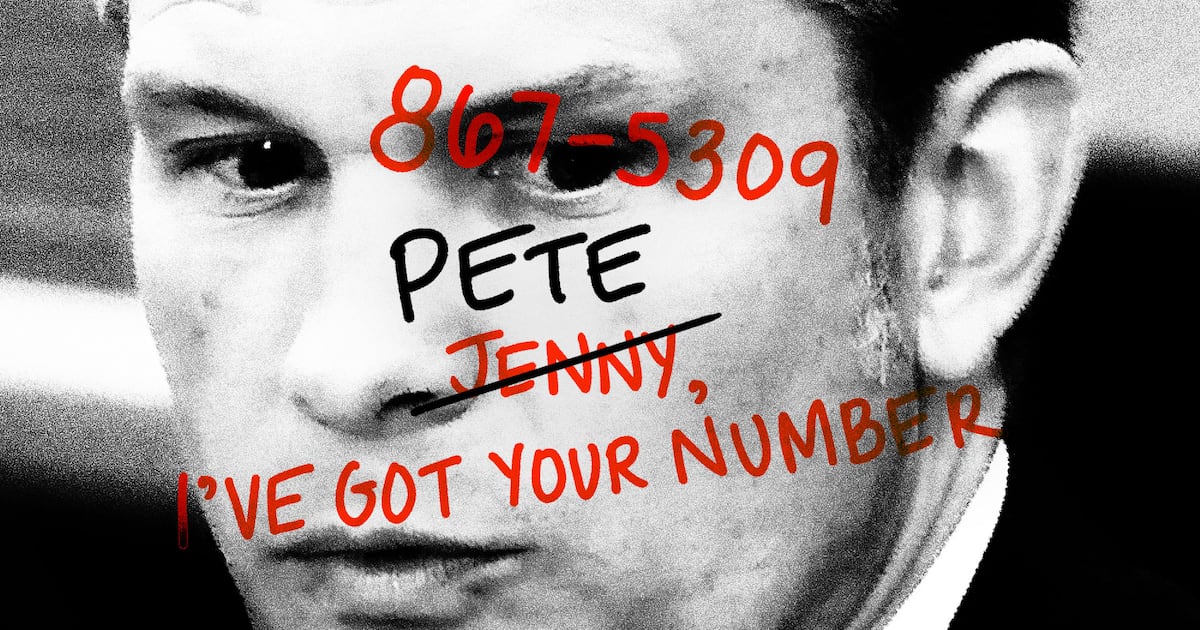At the Leveson Inquiry former prime minister Gordon Brown implicitly accused two previous witnesses of lying on oath as he denied Rupert Murdoch’s assertion that he “declared war” on the media mogul’s empire and Rebekah Brooks’s testimony that he gave permission for his son’s medical condition to be published in The Sun.

The inquiry, which has rapidly turned from an examination of the press into a trial of Britain’s political and media classes, and above all the relationship between the last five prime ministers and Murdoch, entered its potentially most dramatic week, with evidence from two former prime ministers and the current incumbent, David Cameron.
Today’s testimony, a rare public appearance by Brown since his election defeat in 2010, gave the former prime minister a platform to set the record straight.
In the most emotionally charged part of his appearance, Brown “absolutely” denied he had given Brooks, then editor of The Sun, permission to reprint details of his son Fraser’s cystic fibrosis on the front page within days of it being diagnosed in 2006. Brown claimed he was presented with a “fait accompli” by Brooks, and that no parent would willingly divulge such confidential material about a child, especially since he was only 4 months old at the time, and other relatives—who could be directly affected by an inherited illness like this—had not been told.
During a parliamentary appearance last year during the height of the hacking scandal, Gordon Brown alleged his son’s medical records had been illegally accessed. The Sun denied this at the time, and under oath Brooks claimed that the information had come from a concerned member of the public, who also had a child with cystic fibrosis.
Brooks’s justification for publishing the story was that it raised public awareness of the disease and increased charitable donations to the Cystic Fibrosis Trust, though the chief executive of the charity has denied this, according to a Reuters report today.
Today the health provider responsible, NHS Fife, issued a statement saying there was “no inappropriate access to the child’s medical records,” but conceded that the information most likely came from a staff member. Though this might exonerate the tabloid from accusations of gaining the information electronically, it raises more questions about leaks by public officials. A few months after the hacking scandal closed News of the World, The Sun became a target of investigation by the Metropolitan Police for, in the words of the Deputy Assistant Commissioner Sue Akers, a “pattern of corrupt payments to public officials.”
Having effectively accused Brooks of lying on oath, Brown then went on to vehemently deny some of Murdoch’s oral evidence. The 81-year-old media mogul had claimed he had a conversation with Brown, soon after The Sun withdrew support in 2009, during which the former prime minister is alleged to have said he was now “at war” with the Murdoch empire. Murdoch suggested Brown was “not in a balanced state of mind” at the time.
Supported by No. 10 logs of all his outgoing and incoming calls, Brown said, “This call did not happen. The threat was not made. I couldn't be unbalanced on a call that I didn't have and a threat that was not made.” Brown claimed that “the only conversation they had was a year later, and that was about Afghanistan.” The oral evidence was backed up written affidavits by five members of staff who listened into the conversation.
Both of these accusations against Murdoch and Brooks up the ante in what has been a calamitous fallout between Brown and News International senior executives. Under cross-examination Brown explained that his wife, Sarah, maintained contact with Brooks even after the revelation of their son’s cystic fibrosis because “she is the most forgiving person in world.”
Later evidence, however, drew more skepticism from the British media covering the inquiry, when Gordon Brown claimed he did not give permission for either of his special advisers, Damian McBride and Charlie Whelan, to brief against other members of the cabinet, though both were two of the most notorious spin meisters of the New Labour administration. Given that the British press has been under trial for the last six months of the inquiry, this latter anomaly may well dominate the immediate newspaper coverage of the Brown’s Leveson evidence.
However, the allegations against Murdoch and Brooks won’t go away, and hidden in Brown’s testimony was an even more angry denunciation of Conservative leader David Cameron, who replaced Brown as prime minister in 2010 when the coalition government was formed.
Having claimed that News International political support was dominated by it “commercial interests,” Brown claimed these were all laid out in James Murdoch’s MacTaggart Lecture to the Edinburgh International Television Festival in 2009, which was “breathtaking in its arrogance and ambition.” During that speech James Murdoch had called for the BBC to be radically downsized, the broadcast regulator Ofcom to be abolished, the rules of impartial political coverage to be relaxed, and more product placement to be allowed on TV. Brown alleged that the Conservative Party had acceded to every one of these demands in its courtship of News Corp. before the 2010 election.
With David Cameron appearing before Lord Justice Leveson this Thursday, Brown has effectively politicized the debate about the dominance of the Murdoch-owned media in the U.K. and set some tough questions for the prime minister to answer.




